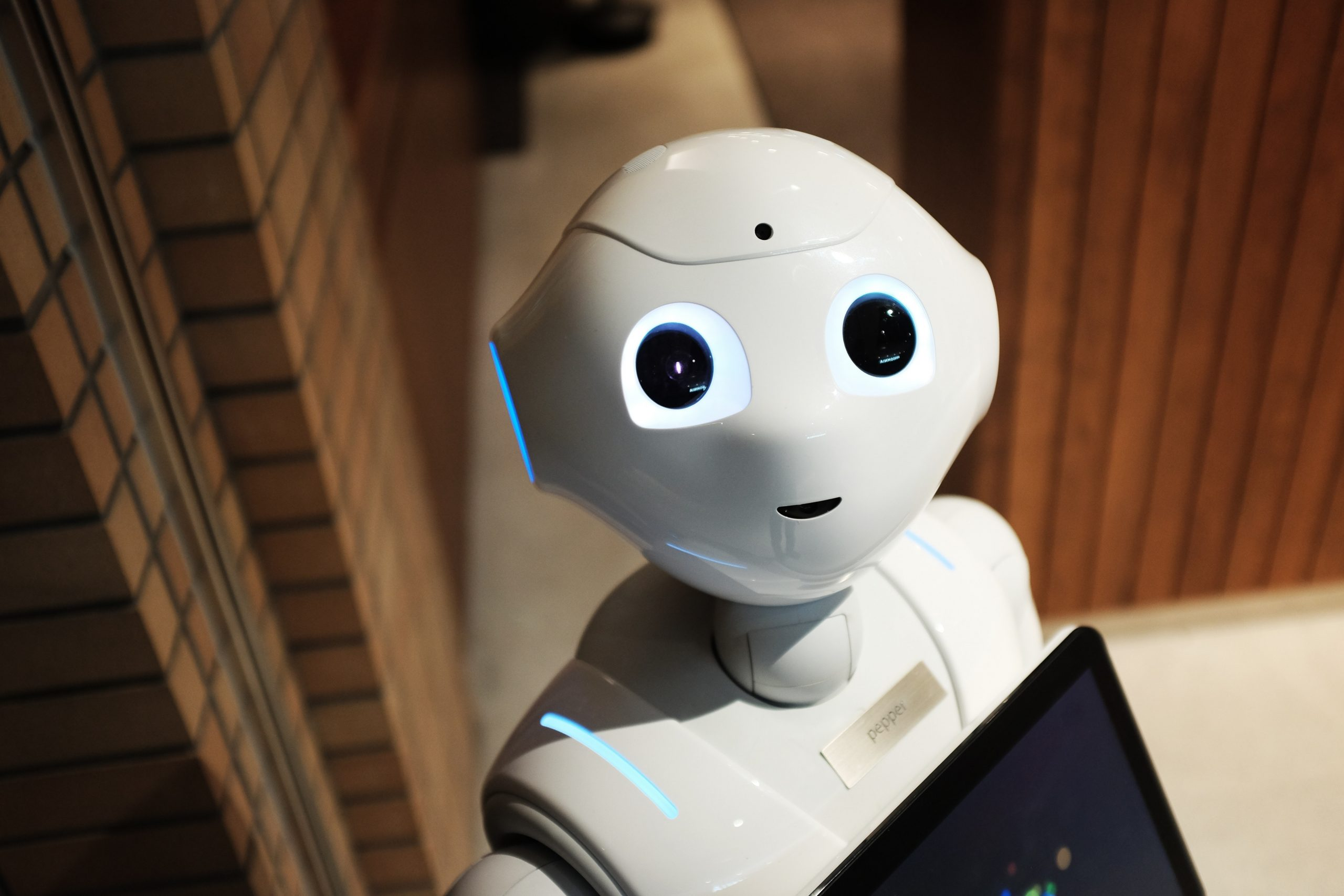I felt a strange urge to buy me some bugs and let them eat my plastic garbage after watching this video 😂
Someone commented that microplastics would still emerge during/after bugs have dealt with plastics.
Do we have any bug existing that could eliminate microplastics as well?
Bugs? I don’t know of any. Bacteria? It seems to come up again every few years.
Bugs? I don’t know of any
Not sure if worms count as bugs, but, in the same way as the bacteria, there is an article about these every few years:
https://www.acs.org/pressroom/newsreleases/2022/april/earthworms-like-to-eat-some-plastics-but-side-effects-of-digestion-are-unclear.htmlCool!
Ideonella sakaiensis would be the name of the bacteria.
What would be ideal IMO is a bug with a gut bacteria exclusive to that species alone that could eat plastics and digest them fully so microplastics aren’t an issue. Likely, a species for each type of problem plastic. A natural analogue would be termites, which can only digest wood because of such a relationship.
It would have to be an artificially engineered relationship, and an insect that’s not particularly proliferate. Preferably with a narrow set of habitat tolerances. That way they could be farmed, but be unlikely to get into the environment and become a nuisance by eating plastics we don’t want them to.
Like black soldier flies?
-#-
Black soldier flies are prolific and when proper conditions to reproduce are met, the females do not wander far from the place they are born and because of this are already used in organic waste disposal.
Using a complex organism to treate waste, even if only plastic, requires specialized infrastructure, designed to contain any event possible to pose a threat to the environment; this is not something we want or can do at home. Specialized infrastructure would make possible ideal conditions for the flies.
Black soldier flies also have the advantage that adults do not live for very long, do not feed, do not pose threat to human beings and the larvas die quickly if no food is available.
These flies also are vulnerable to cold and extreme heat conditions.
I would not want anything like that even close ot my LEGO collection…
It’s a shame you cannot see bacteria with naked eye!
You’d need some kind of a bacteria alarm system!
Removed by mod
Gluten is neither synthetic nor semisynthetic.
It’s semisynthetic. Gluten doesn’t appear in nature on its own. Just like viscose is a semisynthetic variant of cellulose.
No, it occurs naturally in grains. Fucking look it up. I’m a biochemist, i know this shit. Here, fuck it: https://pubmed.ncbi.nlm.nih.gov/28244676/.
This comment is on the edge for rule 6 “Use appropriate language and tone.” I’d appreciate it if you’d edit the language to be more professional.
Thank you for providing a source in your comment!
Removed by mod
Removed by mod
Im dealing with all rule breaking behavior. The unsourced comments have now been removed as the user is unable to provide a source to backup their claim. The comments that break civility rules, including this one, are also being removed.
Please report rule 9 violations so that we can act on them.
Removed by mod
Per rule 9, please provide a credible source for the statement “Gluten doesn’t appear in nature on its own”
Removed by mod
The source provided by another user gives a definitive counter argument.
From the article: “ The wheat kernel contains 8%–15% of protein, from which 10%–15% is albumin/globulin and 85%–90% is gluten (Fig. 1).1 Gluten is a complex mixture of hundreds of related but distinct proteins, mainly gliadin and glutenin. Different wheat varieties vary in protein content and in the composition and distribution of gluten proteins.”
Gluten is a protein, nobody would call it a plastic
Removed by mod
Per rule 9, please provide a source for the statement that gluten is a “synthetic or semi-synthetic organic polymer”.
deleted by creator
loads of organisms that can digest gluten already exist. Not so much for polyethylene etc. Also gluten is made of proteins with definite length not polymers
Also PLA can be suggested by microorganisms.
irrelevant
How’s that irrelevant? PLA is a plastic. And can be digested. As well as cellophane. Also plastic and can also be digested.
Removed by mod
Removed by mod
Let me school you on this one, too. There are polymethylsilanes, polyphosphazines, etc. You aren’t even aware of common polymers like PVC that fall outside of your categories. There’s more exotic stuff like polyferrocenes. You ought to quit spouting off about things you know nothing about.
What? Lol ook.
deleted by creator
It’s not a binary choice





